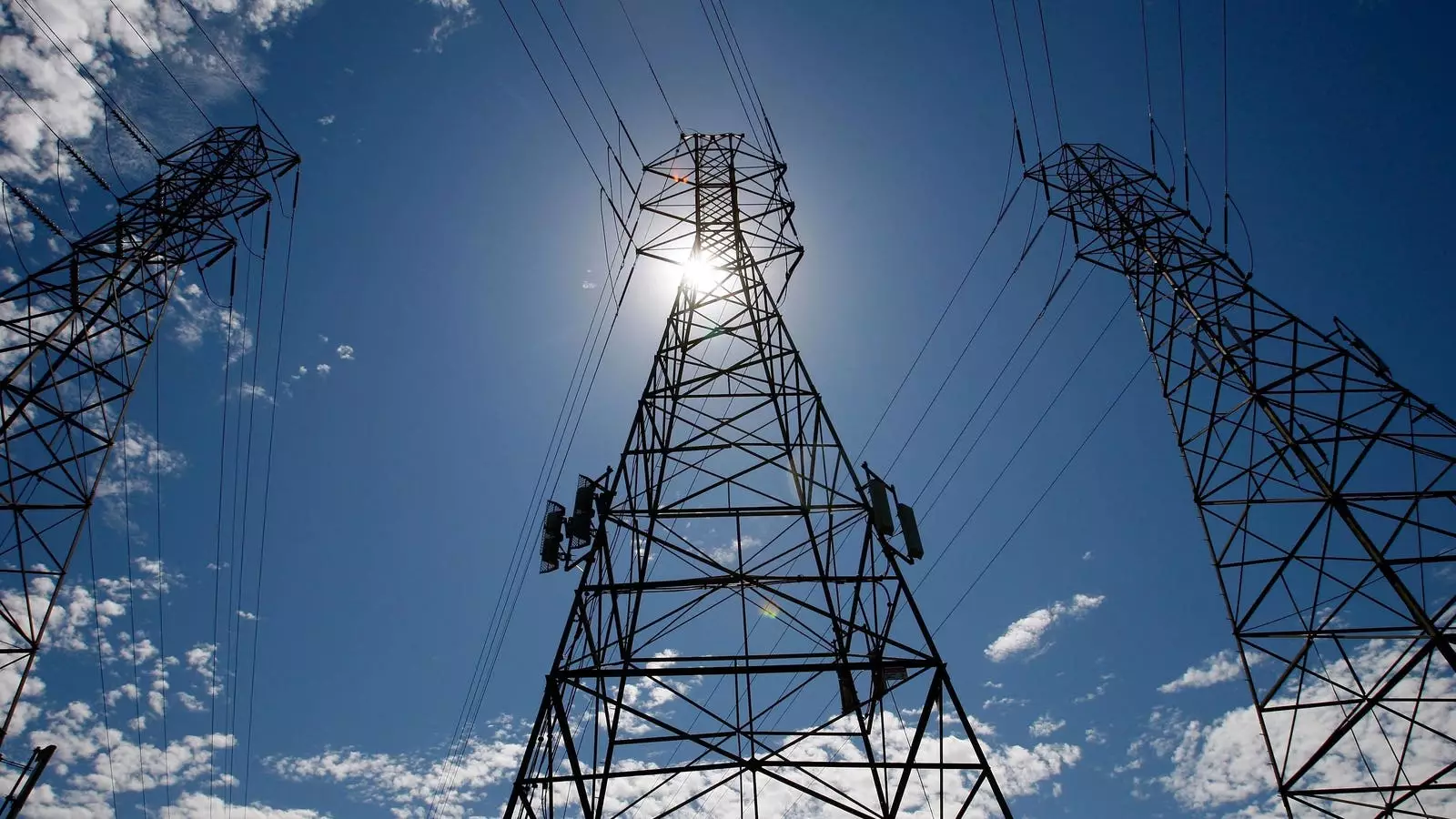As temperatures soar across the country, from New York City to California and Texas, the impact of heat waves on the energy grid is becoming a major concern. While thunderstorms may provide temporary relief, the overarching issue of extreme weather is taking a toll on the infrastructure.
The recent occurrences of power outages due to severe weather events are a stark reminder of the vulnerability of the American power grid. From tornadoes in Chicago to hurricanes in Houston, millions of people have been left without electricity, showcasing the strain on the outdated system.
Tara D. Sonenshine, a senior fellow at the Fletcher School of Law and Diplomacy at Tufts University, highlights the urgent need for modernization of the power grid. The existing infrastructure, which is already decades old, is ill-equipped to handle the increasing demand for electricity, exacerbated by the shortage of power lines.
While 91 countries and territories worldwide have implemented bans on plastic bags to reduce environmental impact, the United States remains an exception. The need for sustainable practices extends beyond individual actions to collective efforts to mitigate climate change and preserve resources for future generations.
In Guatemala, a significant portion of the population identifies as indigenous, yet traditional Mayan ingredients are not commonly featured in restaurants catering to tourists. A group of young chefs is leading a movement to showcase native ingredients and celebrate Mayan culture through modern cuisine, promoting sustainability and cultural preservation.
The growing popularity of sake in America reflects the shift towards embracing diverse culinary experiences. Domestic rice suppliers like Isbell Farms in Arkansas are supporting the production of high-quality sake locally, expanding the availability of this traditional Japanese beverage to Michelin-starred restaurants and beyond.
As we navigate the challenges posed by climate change and strive for a more sustainable future, it is essential to consider the impact on energy grids and explore innovative solutions to ensure reliable and resilient infrastructure. Embracing local ingredients, promoting cultural diversity, and supporting environmentally friendly practices are key steps towards building a more sustainable and inclusive food and beverage industry.


Leave a Reply